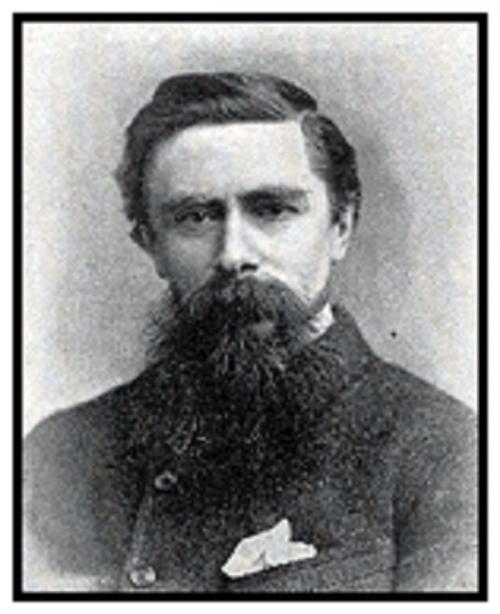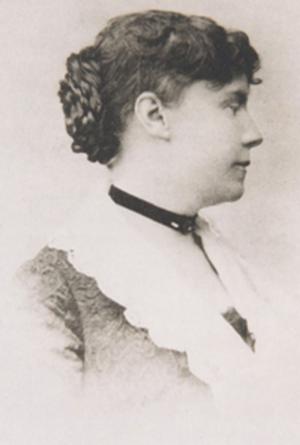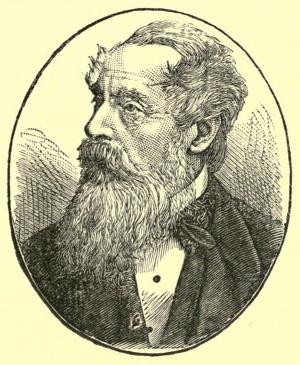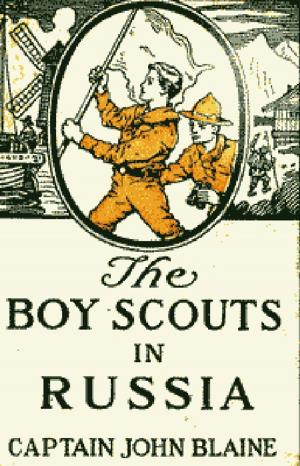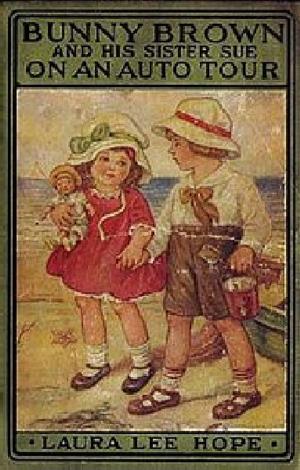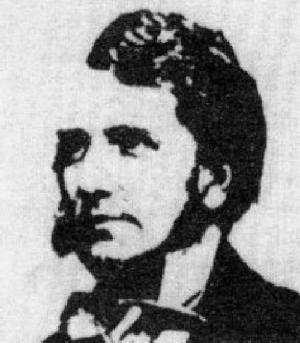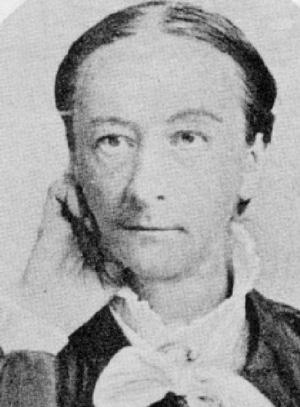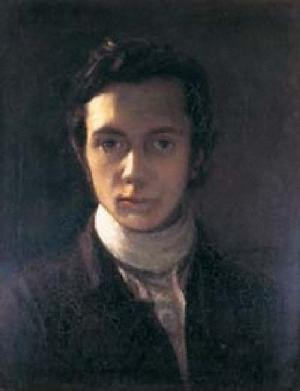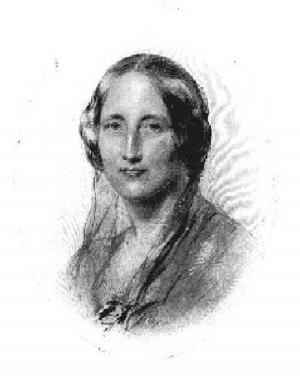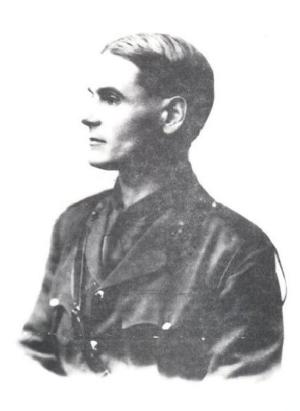| Author: | Fenn, George Manville | ISBN: | 9781455388431 |
| Publisher: | B&R Samizdat Express | Publication: | June 10, 2015 |
| Imprint: | Quench Editions | Language: | English |
| Author: | Fenn, George Manville |
| ISBN: | 9781455388431 |
| Publisher: | B&R Samizdat Express |
| Publication: | June 10, 2015 |
| Imprint: | Quench Editions |
| Language: | English |
The 17-year old Sir Richard Frayne, Baronet, and his cousin Mark, are both at a coach for the Army exam, after which, if successful, they would join the Army as officers. But Mark is seen to be a cad and liar, and there is a fight between them, Mark being apparently dead. Dick, who is a good musician, goes off with his flute in its case, intending to make his way to a city where there is an Army barracks and a Naval port, presumably Chatham, since we are in Kent. He had intended to cross a river by a certain bridge, but the river was in flood, and the bridge had been washed away. As he is looking at this, a drowning shepherd boy is washed by, and Dick dives in to try and rescue him, unsuccessfully. But Dick's servant had followed him, and seen him dive in, assuming that Dick had committed suicide. Furthermore theshepherd's body is later recovered, and presumed to be Dick's, so that it is buried at Dick's home church-yard. Mark recovers, his sickly father inherits Dick's estate and baronetcy, but dies, and Mark in turn inherits. Meanwhile Dick had joined up as a bandsman. Another regiment marches into the garrison town, and Dick's former servant turns up, and to his astonishment recognises Dick. Mark is also an officer of this second regiment. After various events in which Dick and Mark are both involved, though Mark pretends not to recognise Dick, there is a confrontation, in which Mark shoots his cousin in a hop-field, leaving him for dead. But some workers who are spraying the hops for aphid, come across the body, and realise it is not quite dead. Eventually Dick is nursed back to health in the barracks hospital, and Mark leaves, never to be seen again. Dick easily recovers his estates and the title, finding that Mark had greatly lost the value of the estate, but with care he manages to recoup most of the loss. He also passes the Army exam, and joins a regiment as an officer, having a distinguished career in the Army, as his father had done before him. According to Wikipedia: "George Manville Fenn (January 3, 1831, Pimlico - August 26, 1909, Isleworth) was a British writer. He worked as a teacher in Lincolnshire, until he became printer, editor and publisher of various magazines. He had eight children with his wife Susanna Leake, whom he had married in 1855. Most of his work consists of adventure stories for young readers, featuring Explorers, Smugglers, young Adventurers and Seamen. His adult novels offer critical social commentary on Victorian England, especially reconsidering economic questions."
The 17-year old Sir Richard Frayne, Baronet, and his cousin Mark, are both at a coach for the Army exam, after which, if successful, they would join the Army as officers. But Mark is seen to be a cad and liar, and there is a fight between them, Mark being apparently dead. Dick, who is a good musician, goes off with his flute in its case, intending to make his way to a city where there is an Army barracks and a Naval port, presumably Chatham, since we are in Kent. He had intended to cross a river by a certain bridge, but the river was in flood, and the bridge had been washed away. As he is looking at this, a drowning shepherd boy is washed by, and Dick dives in to try and rescue him, unsuccessfully. But Dick's servant had followed him, and seen him dive in, assuming that Dick had committed suicide. Furthermore theshepherd's body is later recovered, and presumed to be Dick's, so that it is buried at Dick's home church-yard. Mark recovers, his sickly father inherits Dick's estate and baronetcy, but dies, and Mark in turn inherits. Meanwhile Dick had joined up as a bandsman. Another regiment marches into the garrison town, and Dick's former servant turns up, and to his astonishment recognises Dick. Mark is also an officer of this second regiment. After various events in which Dick and Mark are both involved, though Mark pretends not to recognise Dick, there is a confrontation, in which Mark shoots his cousin in a hop-field, leaving him for dead. But some workers who are spraying the hops for aphid, come across the body, and realise it is not quite dead. Eventually Dick is nursed back to health in the barracks hospital, and Mark leaves, never to be seen again. Dick easily recovers his estates and the title, finding that Mark had greatly lost the value of the estate, but with care he manages to recoup most of the loss. He also passes the Army exam, and joins a regiment as an officer, having a distinguished career in the Army, as his father had done before him. According to Wikipedia: "George Manville Fenn (January 3, 1831, Pimlico - August 26, 1909, Isleworth) was a British writer. He worked as a teacher in Lincolnshire, until he became printer, editor and publisher of various magazines. He had eight children with his wife Susanna Leake, whom he had married in 1855. Most of his work consists of adventure stories for young readers, featuring Explorers, Smugglers, young Adventurers and Seamen. His adult novels offer critical social commentary on Victorian England, especially reconsidering economic questions."
